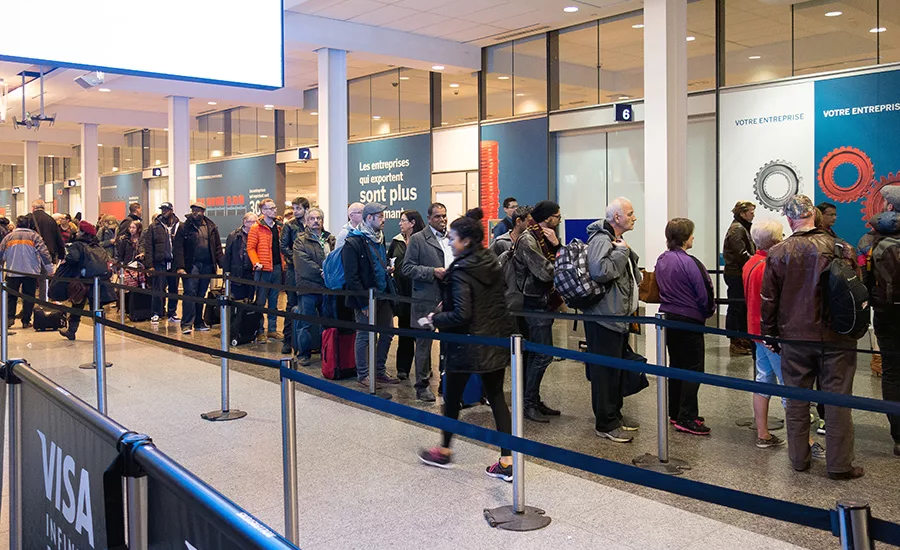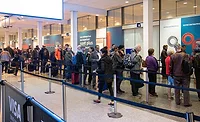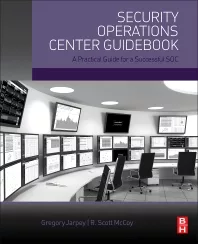TSA closes 2020 with changes in security checkpoint operations

The Transportation Security Administration (TSA) reported the final daily figure of estimated travel volume for calendar year 2020, closing a year that tested the agency’s ability to innovate and quickly implement modifications across more than 440 federalized airports nationwide to address the pandemic. Between Jan. 1 and Dec. 31, 2020, the agency screened a total of approximately 324 million passengers throughout its airport security checkpoints. That figure represents just 39% of the approximately 824 million total passengers screened in 2019.
“In 2020, TSA implemented significant operational changes across its entire security checkpoint environment due to the COVID-19 pandemic. The speed and degree of change was unmatched in our 19-year history,” said TSA Administrator David Pekoske. “The flexibility and agility of the men and women across TSA is a testament to their dedication to our collective transportation security mission. Our entire workforce, including screening officers, canine handlers, inspectors and federal air marshals, continues to do everything possible to protect our colleagues and airline passengers, and I am grateful for their adaptiveness and resilience.”
On April 14, 2020, TSA reported its lowest travel volume of only 87,500 passengers throughout all TSA checkpoints nationwide, representing just 4 percent of passenger volume recorded on the same weekday in 2019. During TSA’s historically busiest time of year, average travel volume per day between Thanksgiving and New Year’s Eve in 2020 continued to fluctuate between a low of 24% and a high of 61% of 2019 travel volume during the same period. TSA anticipates daily travel volumes will continue to rise steadily and follow seasonal patterns. However, the agency expects volume will remain well below pre-pandemic levels through most of 2021.
Despite the substantially reduced number of passengers screened as a result of the pandemic in 2020, TSA modified security checkpoint procedures around the country to reduce physical contact and help protect workers and passengers. The agency accelerated deployment of acrylic barriers and technologies that enhance security and reduce touchpoints throughout the checkpoint. Many of those modifications, which include self-serve Credential Authentication Technology (CAT) units at travel document checking podiums and Computed Tomography (CT) equipment for a detailed image of a carry-on bag’s contents, will remain in place well into the future.
In 2020, TSA installed 6,873 acrylic barriers at 384 airports. The accelerated technology deployments also resulted in the installation of 927 CAT units for 125 locations. CAT allows passengers to scan their own ID to complete the identity verification process and eliminate the need to hand the credential to a TSA officer. TSA also installed more than 311 CT units at 135 airports, giving TSA officers the ability to review a 3D image of a passenger’s bags, thus reducing the need to search the bag’s contents.
TSA continues to require all officers to wear face masks and gloves while on duty. Face shields are also required when there is no acrylic barrier in place. The agency will continue to disinfect frequently touched surfaces and encourage social distancing through signage. When pat downs are required, TSA officers must use a fresh pair of gloves. "As vaccinations become available for TSA officers in the coming weeks and months, the agency will continue to require the use of personal protective equipment in accordance with CDC guidelines. TSA remains steadfast in the agency’s effort to contain the spread of COVID-19, including continuing to closely collaborate with industry and airport partners to enhance the overall travel experience," said TSA.
As part of the ongoing “Stay Healthy. Stay Secure.” campaign, a dedicated TSA COVID-19 page is updated daily to provide information on daily travel volume, employee infections by airport, travel tips, and general updates regarding TSA operations. That page will continue to be updated on a daily basis to remain as transparent as possible with the traveling public. "Throughout 2021, TSA remains committed to the mission of protecting all transportation systems as well as the continued deployment of technologies that enhance security and reduce physical contact," said TSA.
Looking for a reprint of this article?
From high-res PDFs to custom plaques, order your copy today!







